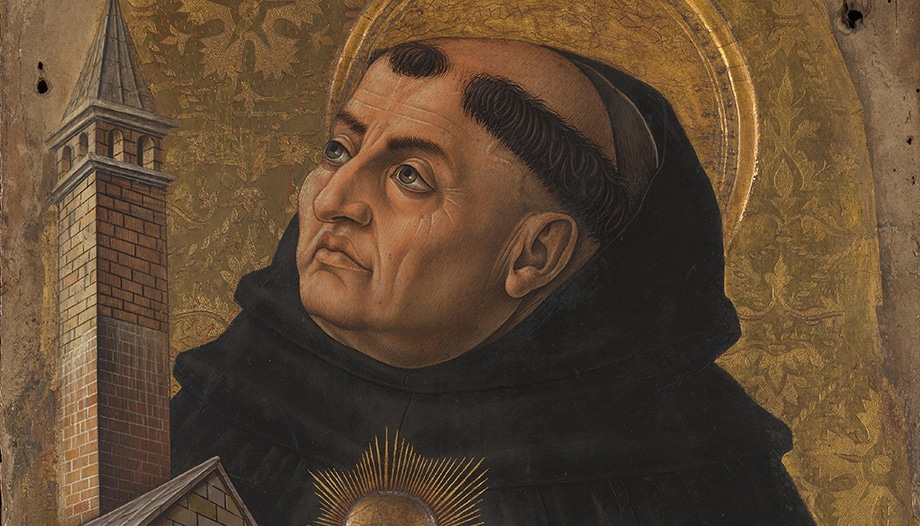Chinese State University will pay tribute to the “Great Sage” Thomas Aquinas
The Institute of Philosophy of the Huazhong State University of Science and Technology (HUST) of China will host a solemn academic event in June in honor of Saint Thomas Aquinas, called the “Giant of Philosophy”, to celebrate the 800th anniversary of his birth

The Institute of Philosophy (“School of Philosophy“) of the Huazhong State University of Science and Technology (HUST) of China, in the city of Wuhan, capital of Hubei province, will host a solemn academic event in June in honor of Saint Thomas Aquinas (1225–1274), called the “Giant of Philosophy”, to celebrate the 800th anniversary of his birth. As reported by Agenzia Fides, the invitation states that Thomas Aquinas occupies an important historical position in the history of Western philosophy; he is the greatest teacher of all philosophies.
Tribute to the “Giant of Philosophy”
On the occasion of the 800th anniversary of the birth of the Sage, and in a “spirit of reverence” towards Saint Thomas Aquinas, the V National Forum of Medieval Philosophy and the 2024 Annual Meeting of the Specialized Committee on Medieval Philosophy of the National Institute of Philosophy will be held. For this reason, the Forum aims to offer an in-depth vision of the results of historical studies also aimed at investigating the contemporary development of the philosophy of Saint Thomas, as well as opening a broader debate on the contribution of medieval philosophy in the context of the multiculturalism.
In addition to focusing on the theoretical origins, the contributions of scholars and the trajectory of the philosophy of Saint Thomas, the Forum will delve into the contents of patristic philosophy, Jewish philosophy, Arabic philosophy and Byzantine philosophy, with in-depth studies also dedicated to the evolution of Scholasticism and the interaction of all these philosophies with modern philosophy.
Saint Thomas, known in China in the Song dynasty period
The time of Saint Thomas Aquinas, the great theologian and Doctor of the Church, coincided in China with the final period of the Song dynasty (960-1279), which was a time in Chinese history in which the economy, culture and academic world of the country was characterized by relative political enlightenment, agricultural development, commercial and urban prosperity, and social changes. The revival of Confucianism led to the formation of schools of thought, the rapid development of science and technology, and even the flourishing of Song poetry and great achievements in the arts of calligraphy and painting. Several Western historians also consider the era of the Song dynasty as that of the “Chinese Renaissance.”
Related

Reflection by Bishop Enrique Díaz: Alleluia, alleluia
Enrique Díaz
20 April, 2025
5 min

Christ is Risen! Alleluia! Commentary by Fr. Jorge Miró
Jorge Miró
20 April, 2025
3 min

Easter: Mystery of Freedom
Carlos J. Gallardo
20 April, 2025
5 min

“Being Catholic in Tanzania is a source of pride”
Fundación CARF
16 April, 2025
6 min
 (EN)
(EN)
 (ES)
(ES)
 (IT)
(IT)

